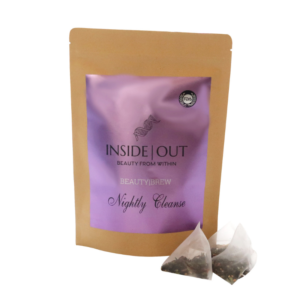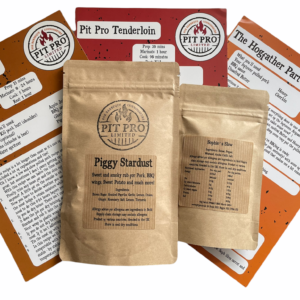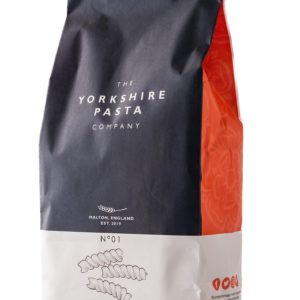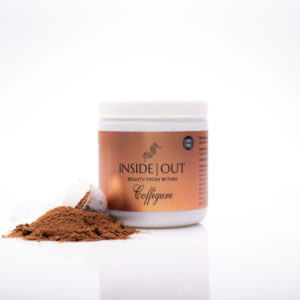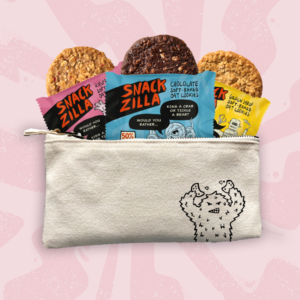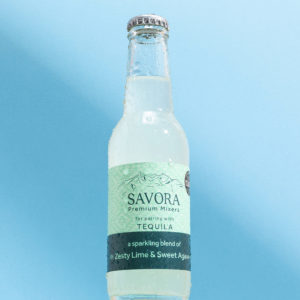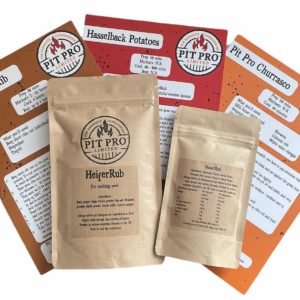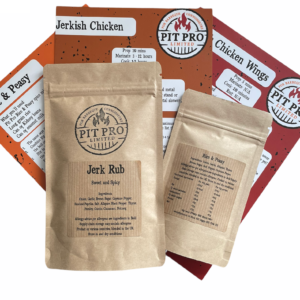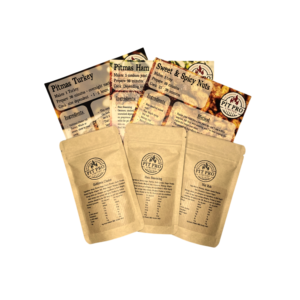These Are The Most Planet-Destructive Foods. Should We Stop Buying Them?
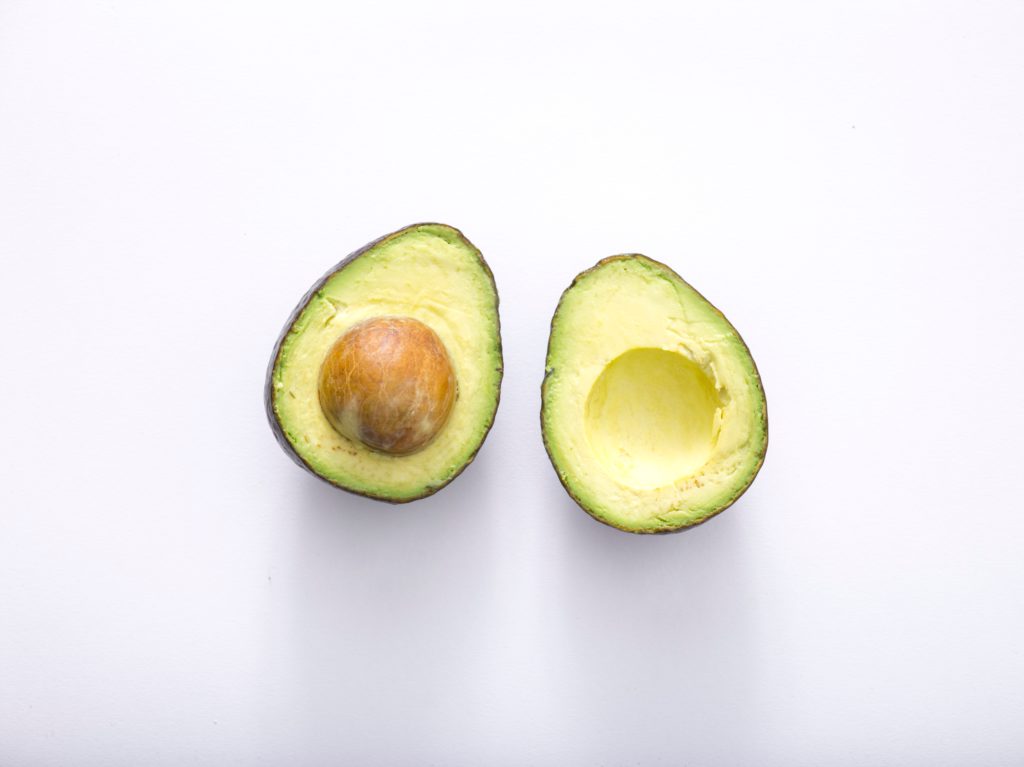
Some foods are worth dying for, but is your favourite snack worth eating, if it destroys natural habitats, and wastes resources, by being shipped from the other side of the planet, – to your mouth?
Food-waste company, BusinessWaste.co.uk, – claims that our desire for cheap seasonal goods all year-round, – is partly to blame for our increased carbon dioxide emissions, – not to mention the exploitation of farm workers.
“We didn’t think that we’d be lecturing people about how to be an ethical consumer when we started this company,” said BusinessWaste.co.uk’s Founder, Mark Hall: “But changing people’s behaviour for a better world is at the very core of what we do.”
BusinessWaste.co.uk looked into expert research, and they spoke to leading campaigners about the damage our hunger for year-round convenience food is causing. Here are the results:
Avocados: One national newspaper blamed Meghan Markle for it. A single avocado grown and transported to the UK, – has an environmental footprint equivalent of 423g of CO2, and that’s BEFORE the cost to local water tables (nearly 2,000 tonnes of water per ton of fruit).
Sugar: The World Wildlife Fund says that sugar production leads to massive marine animal deaths, as sludge gets into freshwater bodies. Pesticides in the farming process poisons beneficial insects, plants, and farmers alike.
Beef: There’s sixty kilos of greenhouse gasses per kilo of beef produced: not just CO2, but also CH4 (otherwise known as methane). Cows fart, a lot. And that’s always been bad news for anybody downwind, and for the environment.
Strawberries: We love strawberries so much, that we want them all year round. This means having to fly in tonnes of chilled strawberries from warmer countries out of season. Strawberries should be bought British, and only during Wimbledon fortnight.
Palm Oil: A vital ingredient for many of our favourite foods. The problem with palm oil though, is that it’s responsible for wiping out rainforests for cash crops, and driving up emissions, and we all know where that’s leading. And that’s before we mention the threat to native orangutans.
Coffee: We can’t function in the morning without our daily dose of caffeine. But we don’t think about the clearing of land, the use of pesticides, the pollution, the deforestation, and the extinction of animals, due to habitat destruction.
Chocolate: See ‘coffee’ above.
Fish: Overfishing is wrecking our seas, and their ecosystems. And then there’s the global journey that some of these products take to the processing plant, and back.
Water: a human right. Yet, it’s sold across the world in plastic bottles. Has humanity gone totally mad? We’ll let you decide.
Bagged/Pre-packed Salad(s): Grown under lights, – a long sea journey away from your local supermarket, it’s far better to buy the raw ingredients and do it yourself. According to a leading expert, it’s our most ‘thrown-away’ food item.
“That’s nearly all of our favourite foods on that list,” said BusinessWaste.co.uk’s Mark Hall: “You can’t even go for a cup of tea without wondering where your dinner came from, and that should be a big worry for all of us.”

